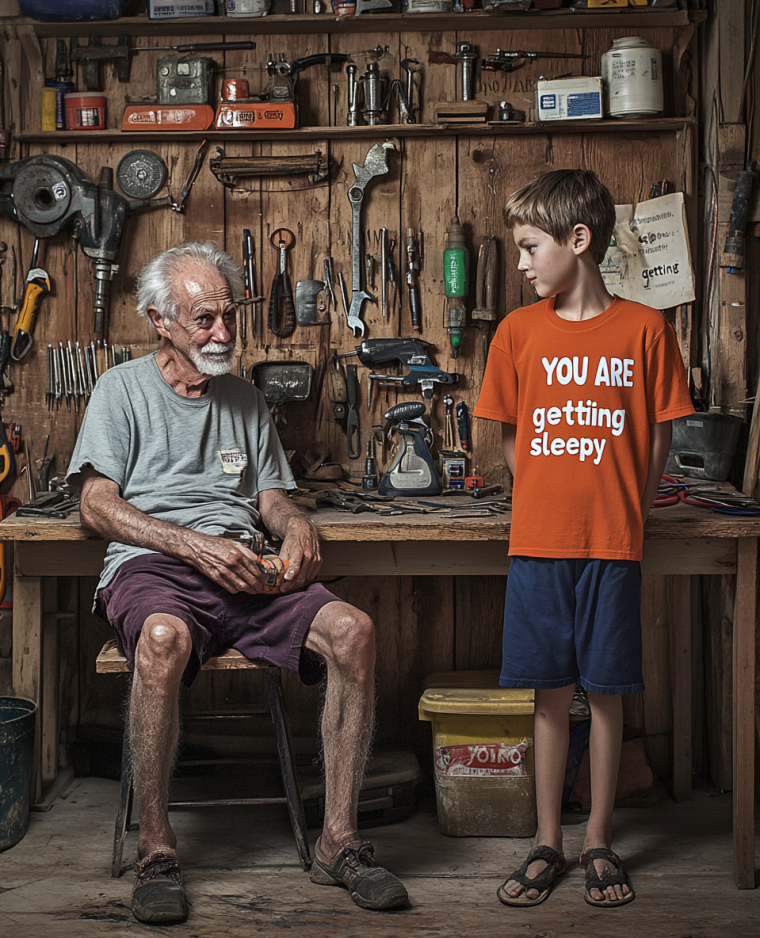In many Latine communities, caring for elderly family members is a deeply rooted tradition, woven into the fabric of family values and cultural heritage. But this sense of duty often comes with hidden costs—emotional, financial, and physical—that many caregivers bear silently. One such story is that of Catherine Garcia, who was raised by her grandmother and later became her primary caregiver. Garcia’s experience is a reflection of the broader struggles faced by multigenerational caregivers, particularly among first-generation Latine families in the U.S. For more about the impact of multigenerational caregiving on family dynamics, you can explore this article on caregiving.
A Legacy of Care: The Generational Role Reversal
Raised by her grandmother, Abuela Ana Celia Alvarez, in the heart of Spanish Harlem, Catherine Garcia learned the importance of hard work, family unity, and gratitude. These lessons became even more significant when, as a teen mom, Garcia found herself caring for her grandmother in return. Despite the challenges, her bond with Abuela became a cornerstone of her strength and resilience. However, caregiving, especially in multigenerational households, often requires immense sacrifices.
Key Struggles Include:
- Emotional strain from balancing caregiving duties with personal and professional life.
- Physical toll from constant caregiving tasks and lack of self-care.
- Financial burden of supporting multiple generations under one roof.
For more information on how caregiving impacts families emotionally and financially, you can read more in this caregiving support article.
The Strain of Supporting Both Elders and Children
For many Latine caregivers, the role is not chosen but rather a cultural expectation. Approximately 32% of Latine households in the U.S. are multigenerational, and within these families, women are often the primary caregivers. Balancing the needs of aging parents or grandparents while raising children presents unique challenges. Many caregivers are also working full-time jobs, often with lower incomes and fewer resources compared to their peers. The financial strain, combined with the emotional toll, can be overwhelming, but for many, it’s a responsibility they take on with pride.
Some of the major challenges faced by these caregivers include:
- Providing full-time care for elderly relatives, which impacts both time and energy.
- Financial strain from increased household expenses, such as medical bills and childcare.
- Mental health toll from managing caregiving while trying to maintain a career and family life.
The Hidden Costs of Caregiving
While caregiving is deeply rooted in love and cultural values, it also brings with it hidden costs—mental and financial. Caregivers often find themselves putting their own needs last, leading to burnout, health issues, and strained relationships. Additionally, the financial burden of supporting multiple generations under one roof can take a significant toll. Whether it’s medical bills, childcare, or simply providing for additional family members, the cost of caregiving is often unrecognized by society.
However, the rewards of caregiving, though challenging, are immeasurable. For those like Garcia, the strength learned from family bonds continues to shape their futures. Her story serves as a powerful reminder of the sacrifices many Latine families make to care for their elders while building a better life for the next generation.
Ways to Lessen the Burden of Caregiving:
- Seek out community resources that provide financial and emotional support.
- Consider exploring government assistance programs designed for multigenerational households.
- Prioritize self-care and time management to prevent caregiver burnout.
A Call to Action: Supporting Multigenerational Families
As multigenerational caregiving becomes more prevalent, especially in immigrant communities, there is a growing need for policies and support systems that ease the financial and emotional burden on caregivers. It’s essential to recognize the importance of these roles and provide resources that allow families to care for their loved ones without sacrificing their own well-being. For more on how multigenerational caregiving is being supported across the U.S., visit this article on supporting caregivers.
Through collective action, we can ensure that those who give so much to their families receive the support and recognition they deserve.

